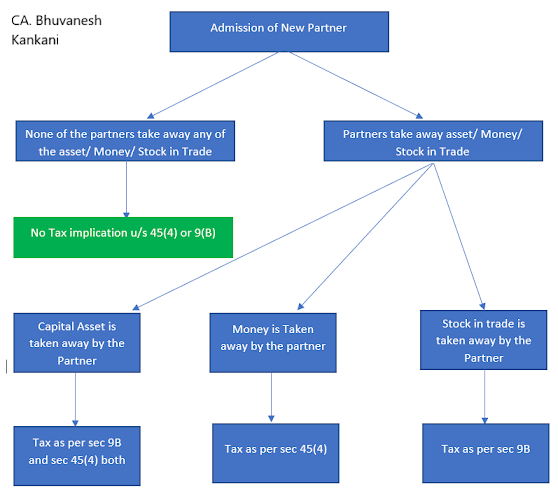Cooperative Housing Societies claim of deduction of interest Income earned from Co-operative Banks allowed by Pune ITAT
Income-tax department has been rigorously disputing the Allowance of deduction of Interest income received from co-operative banks [claimed under section 80P(2)(d) of Income-tax Act (the Act)], on a ground that Co-operative Banks are not Co-operative Society. And accordingly, the deductions claimed by co-operative Societies have been disallowed.
While, The Income-tax Act vide section 2(19) provides the meaning of a co-operative society and also refers to respective state laws. The corresponding state law, for Maharashtra, is The Maharashtra Co-operative Societies Act, 1960 (MCSA) which vide section 2(10) of said Act clearly states that Co-opt bank is a co-opt society. MCSA is a statute in pari-materia and should be looked into as a principle of interpretation of law.Amid, this dispute, various Income-tax Tribunals have decided the matter in favour of Assessee's. Recently Hon'ble Pune Tribunal has decided many cases in favour of co-operative societies mainly consisting of credit cooperative societies.
The purpose, object, nature etc. of a credit cooperative society and a cooperative housing society are different. The Credit co-operative societies, depending upon the facts, have been claiming the deduction of Interest income either in section 80P(2)(a)(i) or section 80P(2)(d) of the Act . However, in case of Co-operative Housing Societies, the only provision to claim deduction of interest income received from other co-operative societies is section 80P(2)(d) of the Act.
In a latest case of Sobha Carnation Gruh Rachna Sanstha Maryadit Vs PCIT-IV, Pune (ITA No. 438/Pun/2022) Hon'ble Pune ITAT has allowed the deduction of section 80P(2)(d) of the Act claimed by a co-operative housing society.
The Instant case is emanating from Ld. Commissioners revisionary order under section 263 of the Act (said section is invoked where the subordinate Assessing Officer has not conducted necessary enquiries owing to which the order passed by him is erroneous and prejudicial to the interest of revenue). So, in this instant case, the notices it was also observed that Assessing Officer has made the requisite enquiries and then passed the order allowing the deduction, and, in the backdrop of the legality of allowance, Hon'ble Pune ITAT held that order of the Assessing Officer is not erroneous and prejudicial to the interest of revenue and thus reversed the order u/s 263 of the Act.
The Instant case is emanating from Ld. Commissioners revisionary order under section 263 of the Act (said section is invoked where the subordinate Assessing Officer has not conducted necessary enquiries owing to which the order passed by him is erroneous and prejudicial to the interest of revenue). So, in this instant case, the notices it was also observed that Assessing Officer has made the requisite enquiries and then passed the order allowing the deduction, and, in the backdrop of the legality of allowance, Hon'ble Pune ITAT held that order of the Assessing Officer is not erroneous and prejudicial to the interest of revenue and thus reversed the order u/s 263 of the Act.

Comments
Post a Comment